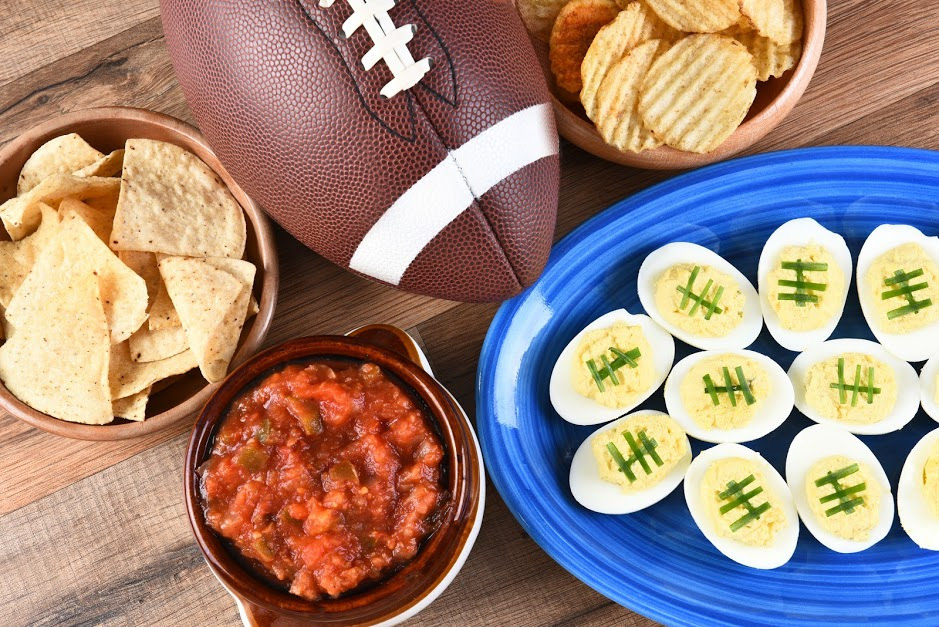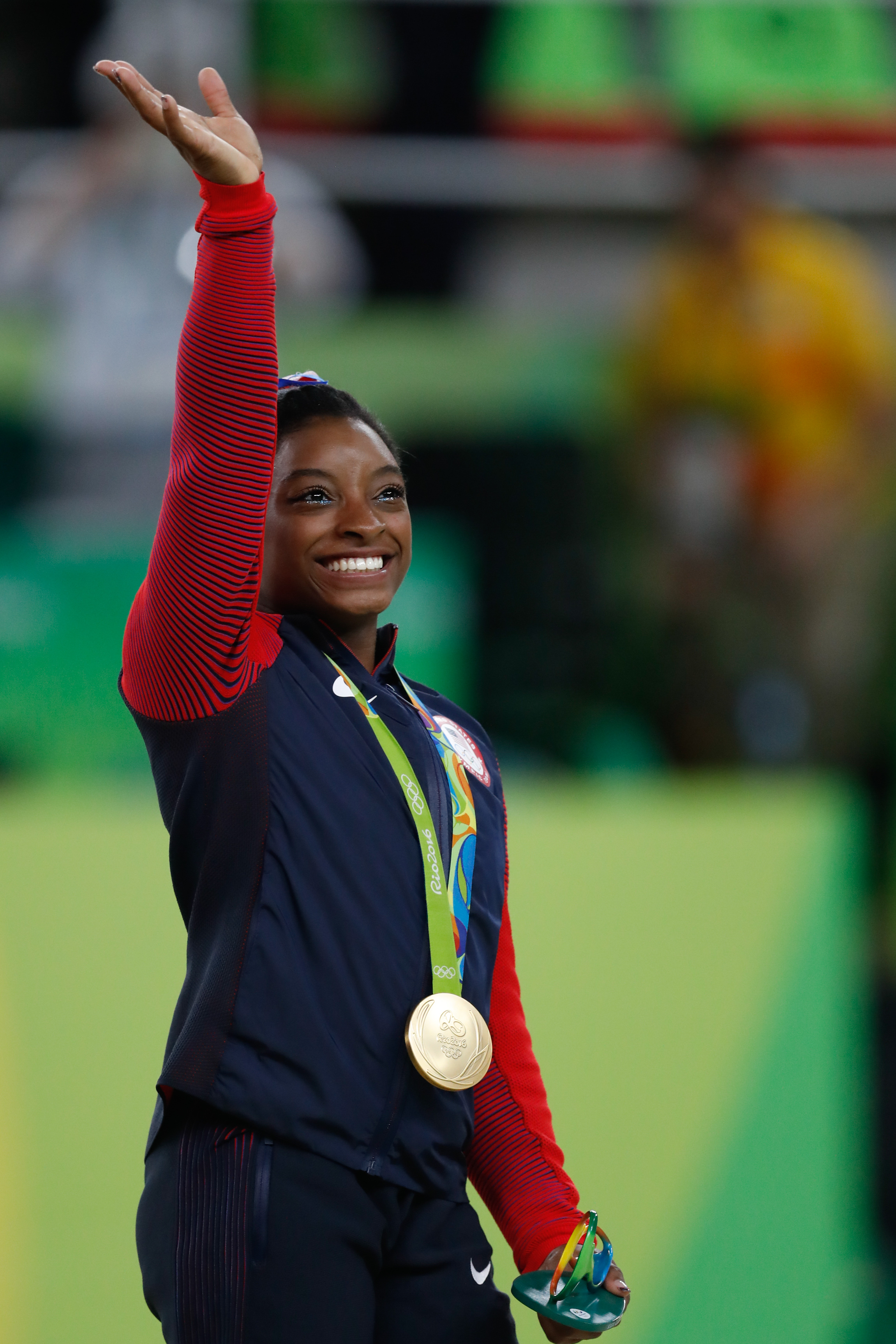By: Cole Kubosumi
Whether you are a die-hard Eagles fan, someone who could care less about sports in general, or anything in between, you were almost certainly at a Super Bowl Party this past Sunday.[1] Between the food, the drinks, the friends, and the football, millions of people across the country gathered at Super Bowl parties to celebrate this culturally iconic sporting event.[2] In most cases, the person hosting the party was probably most worried about keeping the game on the television and the cheese dip off the carpet. However, hosting a Super Bowl party can result in serious legal liability. Three of the more focal issues facing party hosts are trademarks, tort liability, and gambling laws.
Any host of a Super Bowl party will likely want to be able to call it a “Super Bowl” party. However, the National Football League (“NFL”) owns at least eight trademarks on words like “Super Bowl” and “Super Sunday,” as well as the copyright to telecast the actual game.[3] And the NFL is not afraid to enforce their rights; nor does the NFL seem to discriminate between large corporations and small viewing groups.[4] In 2007, the Fall Creek Baptist Church sought to provide a place for its congregation to watch the Super Bowl.[5] To get the word out, the church posted about their “Super Bowl Bash” on the church web site and handed out fliers.[6] The NFL objected and ultimately required the church to drop the trademarked language, agree to not charge any fee, and watch the game on a smaller screen than the originally planned 55” screen.[7] Of course, it is not the use of the words “Super Bowl” alone that violates the trademark. The key issue is whether an entity is engaged in nominative fair use or obtaining commercial gain by associating itself with the trademark.[8] If the entity is associating itself with the Super Bowl through language like “the official Super Bowl bean dip,” the entity is likely liable. But if the entity can argue nominative use of the phrase using language like “a great bean dip for the Super Bowl,” the entity likely is not liable.[9] However, under either scenario, the NFL can always send a cease and desist letter.[10] As such, it is important to be careful how the NFL’s trademarks are being used.
Many Super Bowl party hosts will also want to provide beverages for guests. However, in many cases, these party hosts can be held liable for the wrongdoings of their intoxicated guests.[11] While the trademark issue largely turned on how the words were used, liability for the acts of intoxicated guests may turn on where the party is located.[12] For example, courts in New Jersey and Massachusetts have recognized that a social host serving alcohol may be liable for damages caused by the actions of guests consuming that alcohol.[13] But courts in California and Texas have decided that social hosts cannot be held liable for such actions.[14] Beyond this split between the jurisdictions, the jurisdictions recognizing liability apply different tests.[15] For example, a court in New Jersey has ruled that a social host may be liable for the acts of its guests when the social host provides alcohol to an obviously intoxicated guest under circumstances which create a reasonably foreseeable risk of harm to others.[16] In contrast, the Supreme Court of Massachusetts recognized that a social host may be liable to third parties injured by the negligence of an intoxicated guest if the social host knew or should have known that the guest was intoxicated but provided or allowed further consumption of alcoholic beverages.[17] Thus, no matter where the Super Bowl party is hosted, the host must be aware of the potential consequences of allowing or providing alcohol at the party.
Finally, the Super Bowl is a major opportunity for gamblers. In fact, $138.5 million was bet on Super Bowl 51 at Nevada sportsbooks.[18] However, under the Professional and Amateur Sports Protection Act (“PASPA”), Nevada is the only state in which traditional sports betting is legal.[19] Nevertheless, legal wagers only make up a fraction of the total amount gambled and the American Gaming Association estimates that $4.6 billion was wagered illegally on this year’s game.[20] At those numbers, over 97% of people gambling are breaking the law.[21] While it seems unlikely that the PASPA will see full compliance anytime soon, it is very possible that gambling laws will be changed in the very near future.[22] In fact, there is a case pending in the United States Supreme Court at this very moment that questions the constitutionality of PASPA, and numerous spectators are predicting that PASPA will not stand as currently written.[23] Therefore, while it is always important to be aware of the law, gamblers may want to pay particularly close attention in the coming months as the highest federal court of our nation considers the validity of PASPA.
Ultimately, the Super Bowl creates a unique opportunity to come together, and countless Super Bowl parties are hosted problem-free each year. Nevertheless, it only takes one overly assertive post on social media, one guest who has had one too many drinks, or one wrongfully placed wager to result in legal liability.
[1] In a recent survey, less than half of the people surveyed said that they did not plan to attend or host a Super Bowl event. Do you plan to throw or attend a Super Bowl party?, Statista (Feb. 5, 2018), https://www.statista.com/statistics/217156/super-bowl-parties-in-the-us/; 45 million people plan to host a Super Bowl Party.
[2] 45 million people planned to host a Super Bowl Party. NRF Says Consumers Will Spend $14.1 Billion on 2017 Super Bowl, NRF (Feb. 5, 2018), https://nrf.com/media/press-releases/nrf-says-consumers-will-spend-141-billion-2017-super-bowl.
[3] Is Super Bowl Protected by Trademark or Copyright Law? Try Both., Broadcast Law Blog (Feb. 5, 2018), https://www.broadcastlawblog.com/2012/01/articles/is-super-bowl-protected-by-trademark-or-copyright-law-try-both/.
[4] See Crystal Marie Prais, “The Big Game:” The Effect of the NFL’s “Super Bowl” Trademark on New Jersey Businesses and Consumers, 11 Rutgers Bus. L. Rev. 99, 121 (2014).
[5] NFL Thwarts Church’s Plan to Show Super Bowl, Fox News (Feb. 5, 2018), http://www.foxnews.com/story/2007/02/01/nfl-thwarts-church-plan-to-show-super-bowl.html.
[6] Prais, supra note 4, at 121.
[7] Id.; Fox News supra note 5.
[8] See Prais, supra note 4, at 117.
[9] See id. at 122; Kevin Allen, Can your brand use the term ‘Super Bowl’ on social media?, PR Daily (Feb. 5, 2018), https://www.prdaily.com/Main/Articles/Can_%20your_brand_use_the_term_Super_Bowl_on_social_m_13708.aspx.
[10] Prais supra note 4, at 122.
[11] See Edward L. Raymond, Social host’s liability for injuries incurred by third parties as a result of intoxicated guest’s negligence, 62 A.L.R.4th 16.
[12] See Id.
[13] See Id. at §11a.
[14] See Id. at §11b.
[15] See Id. at §11a.
[16] See Clendening v. Shipton, 149 Cal.App.3d 191 (1983).
[17] See McGuiggan v. New England Tel. & Tel. Co., 398 Mass. 152 (1986).
[18] Kurt Badenhausen, Everything You Need To Know About The Money In The Eagles-Patriots Super Bowl, Forbes (Feb. 5, 2018), https://www.forbes.com/sites/kurtbadenhausen/2018/01/29/everything-you-need-to-know-about-the-money-in-the-eagles-patriots-super-bowl/#655ff3541b66.
[19] Americans to Bet $4.7 Billion on Super Bowl 51, American Gaming Association (Feb. 5, 2018), https://www.americangaming.org/newsroom/press-releasess/americans-bet-47-billion-super-bowl-51.
[20] Badenhausen supra note 18.
[21] 97.1% is calculated by dividing the illegal wagers by the sum of the legal and illegal wagers.
[22] See Daniel Wallach, How The Supreme Court Could Hand A Win To New Jersey And Sports Betting, Forbes (Feb. 5, 2018), https://www.forbes.com/sites/danielwallach/2017/12/11/supreme-court-ncaa-christie-nj-betting/#21de7b8a6ca7.
[23] See Id.





